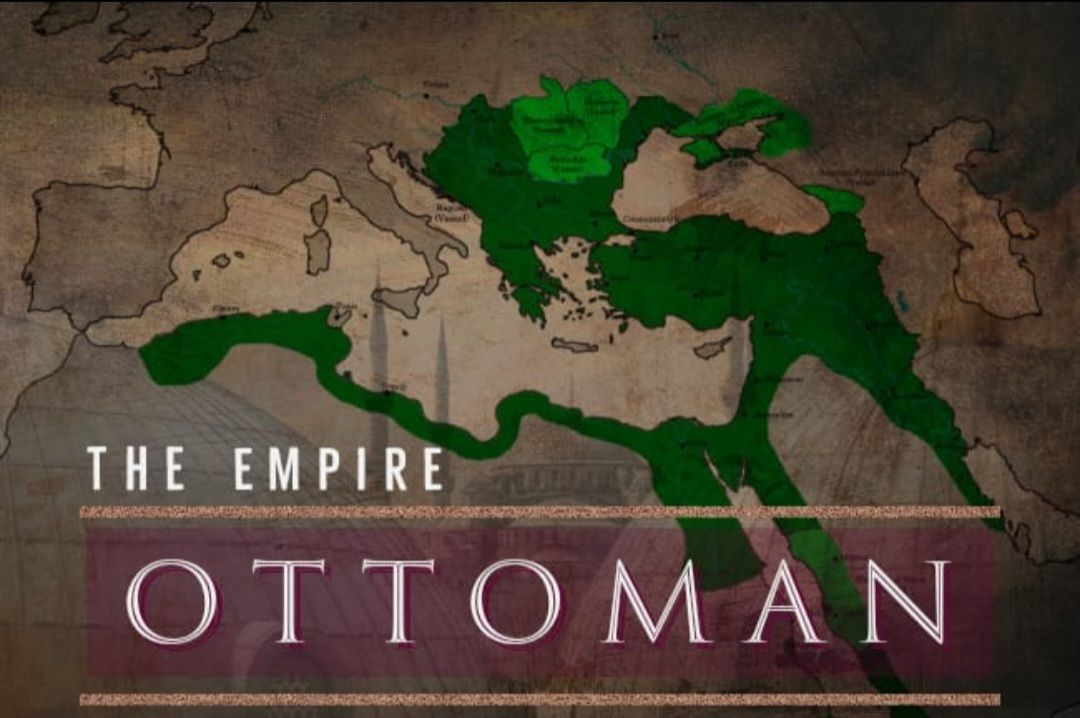
[38] Ascent and Decline of the Ottoman Empire
In The Name of Allah, The Most Merciful, The Bestower of Mercy.
Sultan Abdul Hamid II
continued….
In 1293 AH (1876), the people of Montenegro and the Serbs encouraged Herzegovina to rise up against the Ottoman Empire. The Ottomans were able to quell this rebellion. To deter European nations from intervening, Sultan Abdul Hamid enacted a decree that separated the judiciary from the executive branch. He also required that judges be elected by the local populace and instituted tax equality for both Muslims and Christians.
The residents were unhappy with the situation, leading them to return to revolution, which was also quelled. Nevertheless, Austria, which supported the revolution and aimed to annex Bosnia and Herzegovina, kept stirring up discontent against the Ottoman Empire. Austria worked alongside Russia, Germany, France, and England to pressure the Sultan into enacting reforms. He consented, but the Christians in Bosnia rejected this. This shows that the call for reforms was just a weak pretext; in reality, they sought to intervene both directly and indirectly in state matters to undermine and topple it.
The Bulgarian revolution took place at the same time as the uprising of Christians in Bosnia and Herzegovina, which received support from Austria and various European nations, especially Russia. In Bulgaria, societies were formed to promote Russian influence among Orthodox Christians and Slavs, with assistance from Russia, which provided them with arms. These societies actively encouraged the populations of Serbia, Bosnia, and Herzegovina to rise up against the Ottomans. When the Ottoman Empire moved some Circassian families, the Bulgarians objected, leading to a revolution that was backed by Russia and Austria with weapons and financial support. The Ottoman Empire was able to quell the uprising, which led European nations to circulate rumors about the atrocities committed by the Ottomans against Christians, despite the reality being quite the opposite. These rumors influenced European public sentiment against the Ottoman Empire, prompting European governments to call for stringent actions against the Ottomans, including granting self-governance to the Bulgarians and appointing a Christian governor for them.
The Russians, Germans, and Austrians pushed the Serbs and Montenegrins to wage war against the Ottomans, as Russia aimed to expand its borders towards Bulgaria. Meanwhile, Austria sought to extend its territory towards Bosnia and Herzegovina, promising support to these nations, including the Prince of Montenegro. Russian soldiers began to secretly flow into Serbia and Montenegro, and the Ottoman Empire managed to defeat the Serbs and their allies. This prompted European nations to intervene, demanding a ceasefire, or else a larger war would ensue.
Delegates from European nations convened in Istanbul and suggested to the state regarding its security: to split the Bulgarian territories into two provinces, appointing Christian governors, to establish an international committee to carry out the resolutions, to extend these privileges to the principalities of Bosnia and Herzegovina as well, and for the state to relinquish certain lands to Serbia and Montenegro. However, the Ottoman Empire dismissed these proposals and negotiated a separate peace with the Turks, leading to the retreat of its forces from Serbia, while the Ottoman and Serbian flags were hoisted as a symbol of Ottoman authority. Sultan Abdul Hamid II was convinced that the Western powers aimed to bring about the fall of the Ottoman Empire. In his memoirs, he stated: (During the conference of the great powers held in Istanbul, I observed their intentions, which were not as they claimed to secure the rights of Christian subjects, but rather to ensure their autonomy, followed by efforts for their complete independence, ultimately leading to the division of the Ottoman Empire.
They were working on dividing this goal into two aspects: inciting Christian families and disturbing the peace, thus these countries can protect them. Second, advocating conditionality to create division among ourselves, and unfortunately, they managed to find supporters among us who would serve both purposes. Sadly, some educated Ottoman youth could not distinguish between easy implementation and constitutional governance in a nation with national unity, and the impossibility of such governance in countries lacking national unity.
An Excerpt from ‘Ad-Dawlah Al-Uthmaaniyyah Awaamil An-Nuhood Wa Asbaab As-Suqoot. 6/451-453

